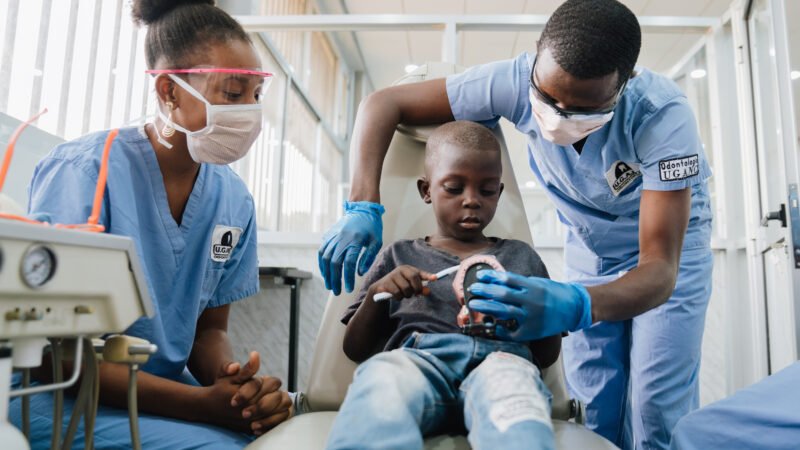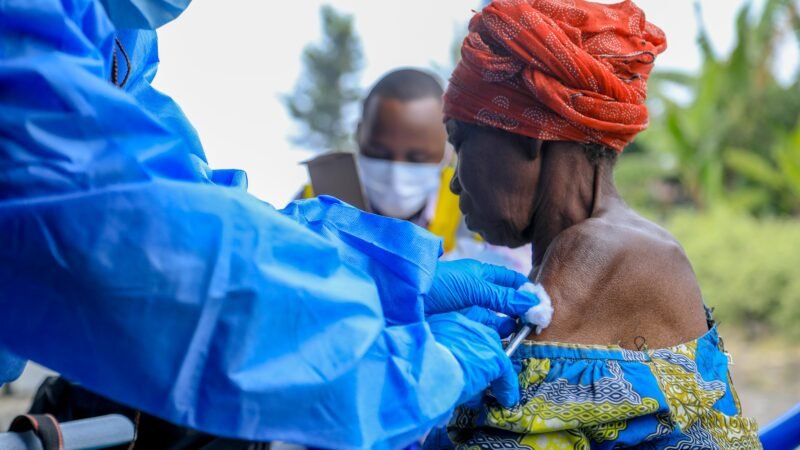France limits sale of nicotine products after virus research
France on Friday limited the sale of nicotine substitutes to avoid stockpiling after research suggested the addictive substance could have the potential to protect people from contracting the coronavirus.
The government said that until May 11, when the country’s lockdown is planned to gradually begin lifting, pharmacies would only be able to sell a maximum of one month’s worth of products treating nicotine dependence, such as patches, chewing gum or lozenges.
The sale of such products online was suspended entirely.
The move was to “firstly prevent the health risks from excessive consumption or misuse linked to media coverage of the possible protective effect of nicotine against COVID-19,” the government said in a statement.
“Secondly it guarantees continuous and appropriate supply to people requiring medical support to stop smoking.”
Researchers at a top Paris hospital released a study on Wednesday examining nearly 500 coronavirus patients, finding that only five percent smoked — far less than the 35 percent in France’s general population.
The research echoed similar findings published in the New England Journal of Medicine last month that found 12.6 percent of 1,000 Chinese cases were smokers, compared to 26 percent of China’s population.
The French researchers are awaiting approval to carry out further trials, including using nicotine patches on health workers at the Paris hospital to see if it protects them against contracting the virus.
The theory is that nicotine could adhere to cell receptors, thereby blocking the virus from entering cells and spreading in the body, said the study’s co-author, neurobiologist Jean-Pierre Changeux from France’s Pasteur Institut.
French Health Minister Olivier Veran on Friday urged citizens not to rush out and buy nicotine products, telling France Inter radio that there are 70,000 deaths due to tobacco each year in France.
But he called the research “interesting” and said that products similar to nicotine could be developed that could help avoid its “addictive effects”.
France is one of the European countries hardest hit by the coronavirus, with nearly 22,000 deaths and more than 158,000 reported infections. (AFP)



